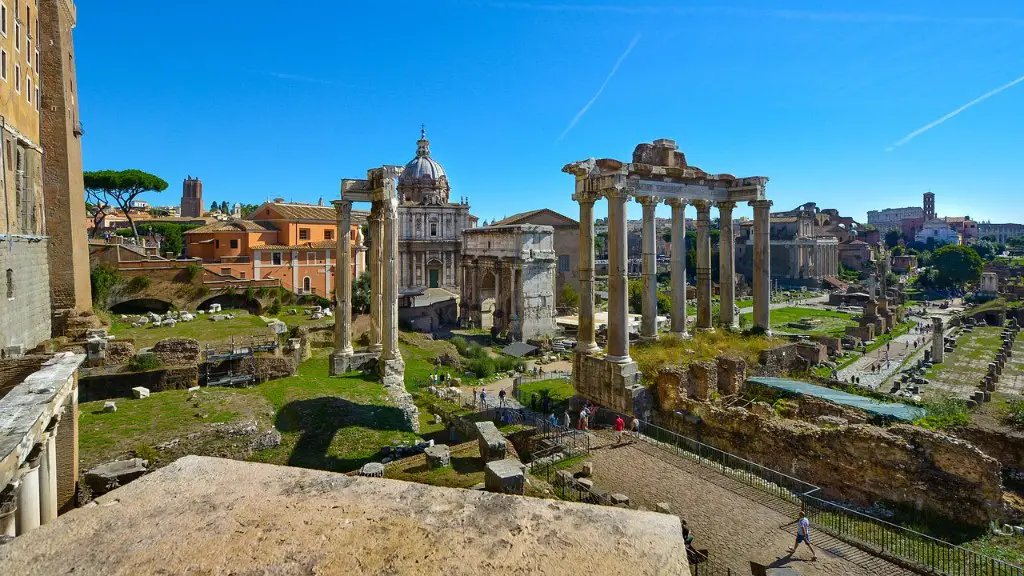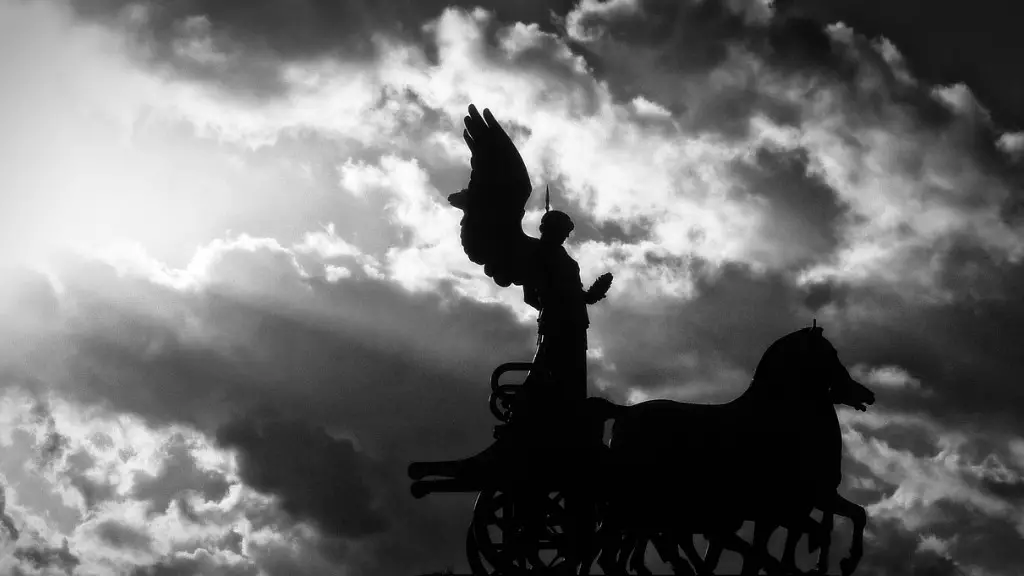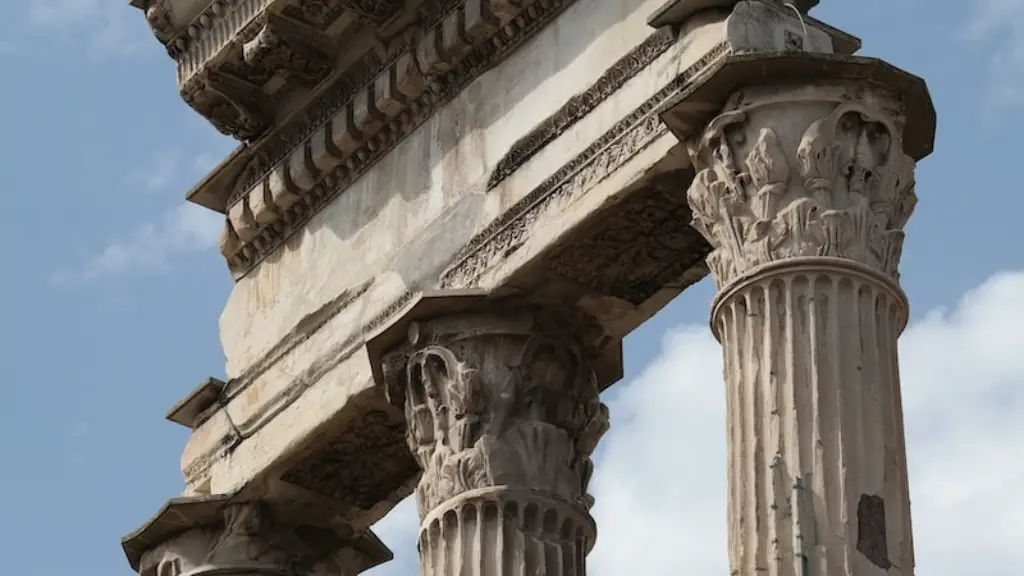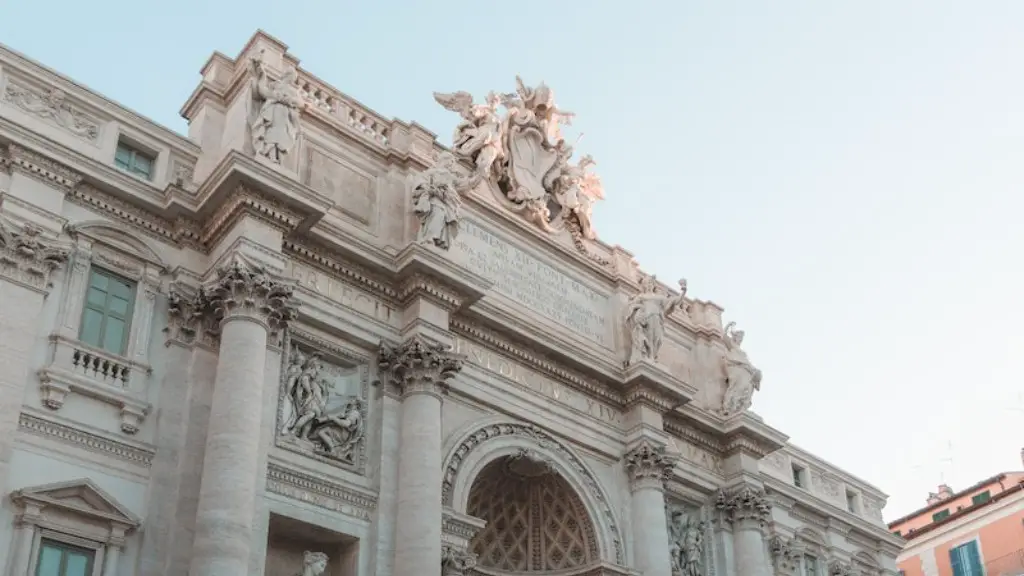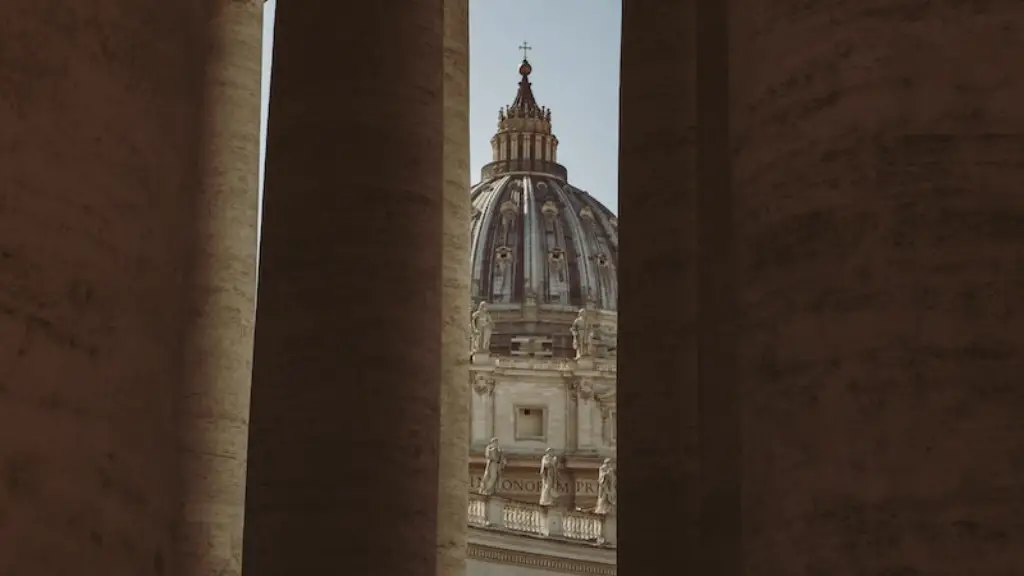Ancient Rome is a society that has left an immense footprint in history. At the heart of this society were the Patricians. Their role was to maintain political control, to establish connections with the Gods and to ensure the running of daily life which included maintaining the citizenry.
The Patrician class was the upper crust of Roman society, made up mostly by large landholders and military officers that were converted into Freeborn citizens after great conquests. Patricians were a noble class, whose roots could be traced back to the original Roman kings, who were labeled ‘Patres’ after the end of the monarchy. In order to be part of the Patrician class, one had to be born of two Patrician parents, thereby ensuring a pure breeding of nobility.
The role of the Patricians was as consuls or senators in the Senate. The Senate was Rome’s most powerful political body and consisting of only Patricians, its decisions had the power of law and could override those of the Assemblies, who consisted of Plebians, or commoners. Patricians were also the main religious players of ancient Rome, controlling access to the temples and participating in important religious ceremonies. This was perhaps their most important role as it was believed that the Gods had granted them the power and responsibility to rule Rome.
Patricians also owned and managed most of the private property and wealth in Rome. They ran businesses, monopolizing certain industries and started family dynasties that went on for generations. This enabled them to hoard vast amounts of wealth, leaving the Plebians, or lower classes, in financial servitude. This was a major source of social strife, leading to revolts and uprisings that were often quelled with the help of the military, who were largely composed of Patricians.
Thus, it can be seen that the Patricians played a significant role in ancient Rome. They were the upper crust of society, the lawmakers, religious players and economic powerhouses. Their station in life allowed them to maintain political, economic and religious control over Rome and established a noble class that would last for centuries.
Political Structures
Patricians served in the Senate, Rome’s most powerful governing body. They were the sole decision makers when it came to political and legislative matters and, to ensure this power was not abused, Rome implemented multiple systems of checks and balances. Patricians were chosen to serve in the Senate by the Censors, who were selected by popular vote and had the power to remove anyone from the Senate for impropriety. The Senate also had the power to recall a leader who acted unwisely in controlling the public, such as corrupting their own army or forming alliances with hostile forces.
The Senate was responsible for making laws and implementing policies. To ensure that the laws were enforced, Patricians appointed governors to provinces and were thus able to extend the reach of the Senate. The governors were to act as the eyes and ears of the Senate and to report any attempts to overthrow or subvert the Senate.
The Senate also had the power to select a ruler and to limit their authority. This was to ensure that the ruler did not overstep bounds and become a tyrant. The Senate had the power to appoint generals, who could be removed from their positions by the Senate if found to be acting improper.
Economic Power
The Patricians were the wealthiest class in Ancient Rome. They owned and managed the majority of the private property and wealth, ranging from land, businesses, and other productive endeavors. It was easy for the Patricians to maintain their wealth due to the exclusion of lower class citizens from many industries. Patricians were also able to make use of the profits from conquests to build their own wealth, while exploiting those lower in the social hierarchy.
The Patrician rulers used the power they held to increase their wealth and power further. They rarely allowed their subjects to take part in economic activities or use their resources in any way, allowing them to monopolize certain industries. Patronage and nepotism was a common practice, ensuring that those in the ‘in-crowd’ got the best deals and entrance into industries, further increasing the disparity between the Patricians and the Plebians.
The Patrician class provided stability due to their wealth and their station in life. They could offer jobs and resources to those in need and provide supplies during times of emergency. This enabled the Plebians to rely on the generosity of the Patricians, thereby providing them with an economic safety net.
Religious Authority
The role of the Patricians in ancient Rome was not limited to political or economic power but also to religious authority. The Patricians were responsible for accessing the gods on behalf of their citizens. They were the priests and heads of state-sponsored religious ceremonies. They also controlled access to temples and other places of worship.
Patricians were also responsible for ensuring that the citizens adhered to the beliefs of the gods. This was a difficult task as the gods of Roman mythology were numerous and each had their own individual rules that had to be followed. To ensure adherence, the Patricians had to have an in-depth knowledge of the gods, their scripts and their moral messages.
Patricians were also the guardians of Roman tradition, responsible for the maintenance of Roman rituals. This included sacrificing animals, burning fires and the telling of stories. As the Patricians were deeply entrenched in the religious life of their citizens, they were believed to be intermediaries between the humans and the gods, and thus, held a great deal of respect as spiritual guardians.
Social Inequality
The power of the Patrician class made them the ruling elite of the ancient Roman Republic. The social structure of Ancient Rome largely revolved around the Patrician class, leaving the Plebians not only below the Patricians in social class and economic power, but often excluded from political or religious life as well.
The Patricians held a privileged status and were able to partake in activities which were not open to the Plebians, giving them a sense of entitlement and superiority. The disparity between the classes was immense and what little chance the Plebians had of advancing had to be done through the patronage of the Patricians, who in turn received the benefit of their labor.
The tight-knit bond of the Patrician class perpetuated their power. Marriage within their own social class preserved the purity of their line and ensured that wealth and political power stayed within the noble families. This tight bond also ensured their safety, and during any social unrest or uprisings, the Patricians were typically afforded a safe position and could call upon favors from other Patricians.
Legacy
The power and influence of the Patrician class would extend throughout the centuries, shaping the Roman civilization. Even after the fall of the Roman Empire, the Patrician class remained in power, influencing the religious and political life of their citizens. Their influence continued well into the Middle Ages, leaving a lasting legacy in Europe and all around the world.
The Patricians were a powerful force in the ancient Roman Republic and their legacy is still very evident today. Their role was to maintain order in Rome and to ensure the running of daily life. They were the upper crust of society, the lawmakers, religious players, and economic powerhouses. The legacy of the Patrician class has left an indelible mark on history.
